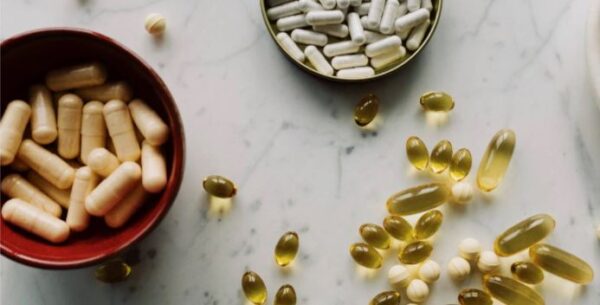Lifestyle
4 herbal supplements that can worsen diabetes

Many of these herbs that have been trusted for lowering blood sugar can react with medication and could lead to a drop in blood sugar apart from other complications.
Here are herbal supplements people with diabetes should stay wary of:
1. Ginseng
Ginseng has been used for centuries for improving focus, memory, and stamina, stimulating the immune system, slowing aging, and relieving other health problems. A study published in journal Molecules talks about the anti-diabetic effect of ginseng. However, one should watch out for the herb’s interaction with diabetes medication as it may lower blood sugar levels to dangerous levels if not monitored closely.
2. Aloe Vera
Aloe vera juice has been proven to manage diabetes naturally, but the evidence is divided over it being a recommended treatment for the disease. Some studies have suggested that aloe vera can help reduce fasting blood glucose, glycosylated hemoglobin A1c (HbA1c), and triglycerides, but it may also increase high-density lipoprotein-cholesterol (HDL-C) levels. However, it can spell trouble for diabetics as combining it with blood sugar-lowering medications could cause a dangerous dip in low blood sugar levels.
3. Cinnamon
Cinnamon is recommended by many alternative medicine experts for improving blood sugar levels, promoting relaxation, lowering cholesterol and a range of other benefits. However, American Diabetes Association doesn’t recommend it as a treatment. Some studies suggest that cinnamon may help with blood sugar levels, but others say there isn’t enough evidence. Cassia cinnamon, a type of cinnamon, has coumarin, a compound that could cause issues in people with diabetes and those with liver disease. It can interact with medications, including antibiotics, diabetes drugs, blood thinners, and heart medicines.
4. St. John’s wort
Supplementation with St. John’s may significantly decrease blood glucose and many studies have proved that. Research says taking St. John’s wort by mouth for up to 12 weeks is safe. However, it may not be safe for people who are on certain medications. It can interact with metformin and anticoagulant medications used to treat heart disease.










